Bug Spray for Vegetables
lilyluv
12 years ago
Related Stories

GARDENING AND LANDSCAPINGBid Bad Garden Bugs Goodbye and Usher In the Good
Give ants their marching orders and send mosquitoes moseying, while creating a garden that draws pollinators and helpful eaters
Full Story
EDIBLE GARDENSGarden BFFs? Why Your Vegetables Are Begging for Companion Plants
Foster friendships among plants for protection from pests, pollination support and color camaraderie
Full Story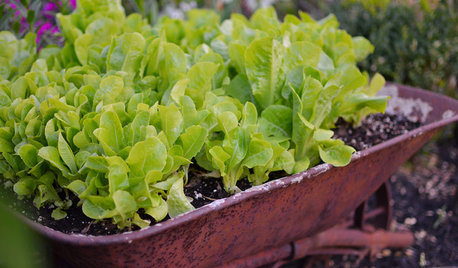
FARM YOUR YARDCool-Season Vegetables: How to Grow Lettuce
Leaf, butterhead, crisphead or romaine — lettuce is best harvested in the cool weather of spring and fall
Full Story
GARDENING AND LANDSCAPINGPorch Life: Banish the Bugs
Don't let insects be the bane of your sweet tea and swing time. These screening and product ideas will help keep bugs at bay on the porch
Full Story
GARDENING AND LANDSCAPINGBreezy and Bug-Free Modern Porches
Screening keeps pests out of these diverse porches across the U.S., while thoughtful designs keep them visually appealing
Full Story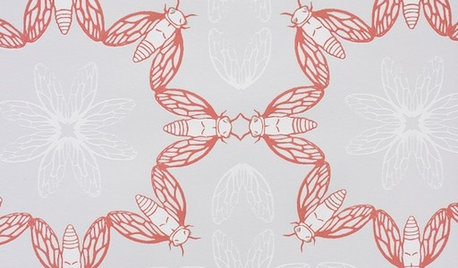
PRODUCT PICKSGuest Picks: Decor to Make Your Eyes Bug Out
Insects are marching to a different tune these days, showing up on knobs, teapots and even tablecloths
Full Story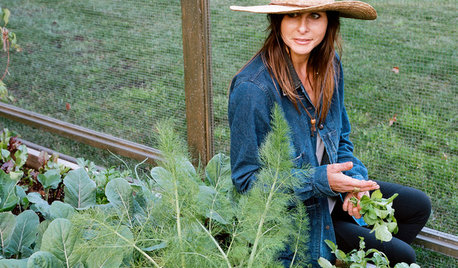
FARM YOUR YARDAdvice on Canyon Farming From L.A.'s Vegetable Whisperer
See how a screened garden house and raised beds help an edible garden in a Los Angeles canyon thrive
Full Story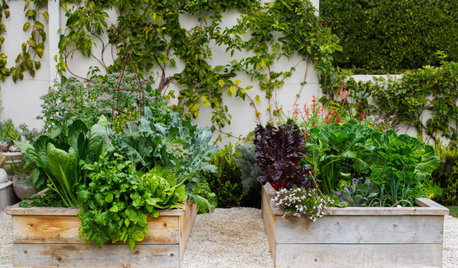
MOST POPULARHow to Start a Cool-Season Vegetable Garden
Late summer and late winter are good times to plan and plant cool-season crops like salad greens, spinach, beets, carrots and peas
Full Story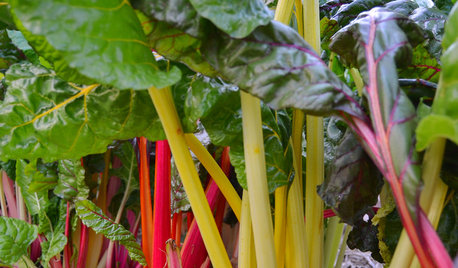
GARDENING GUIDESCool-Season Vegetables: How to Grow Chard
A year-round garden favorite with a colorful stem, Swiss chard comes into its own in early spring and in fall
Full Story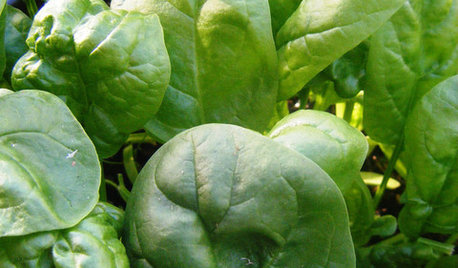
COOL-SEASON CROPSCool-Season Vegetables: How to Grow Spinach
Chock-full of antioxidants and iron, spinach is a nutrient-rich addition to your fall or spring garden
Full Story





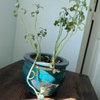
dancinglemons
Ohiofem 6a/5b Southwest Ohio
Related Professionals
Horsham Landscape Architects & Landscape Designers · Rossville Landscape Architects & Landscape Designers · Aurora Landscape Contractors · Tempe Landscape Contractors · Arlington Landscape Contractors · Conroe Landscape Contractors · Elkridge Landscape Contractors · Gaithersburg Landscape Contractors · Pacific Grove Solar Energy Systems · Eden Prairie Solar Energy Systems · Newark Fence Contractors · Northbrook Fence Contractors · Oakdale Fence Contractors · San Rafael Fence Contractors · Fountain Valley Fence Contractorsbgtimber75
greentiger87
Ohiofem 6a/5b Southwest Ohio
lilyluvOriginal Author